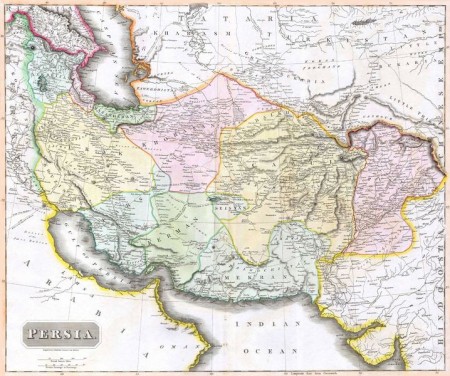
In a supposedly post-modern world geopolitics can seem passé. With a dismissive wave of the paw, self-described progressives can (and do) condemn it as a pernicious remnant of a rapidly dying past. Critics argue, for example, that classical geopolitics has always been suspect as an explanatory device. It imposes a geographic determinism on international relations that is just too narrow in scope. And by the way, critics ask, just what do we mean by “geography”? Even if you believe that geographical factors deserve pride of place in transnational politics, don’t global politics increasingly play themselves out in at least five domains – on land, at sea, in the air, in space and ultimately in the protean world of cyberspace? And don’t the on-going interactions between these domains compound further the fluidity of events and their influences?
Second, critics are right to ask if geopolitics isn’t a self-justifying “language” of empire. As a mode of political analysis and interpretation, wasn’t it first crafted by those who were prepared to rationalize empire – Friedrich Ratzel, with his not so implicit sympathy for lebensraum, and Halford MacKinder, with his Great Game-tainted focus on the Eurasian World Island? And what about the prominent 19th century American navalist and geopolitician, Alfred Thayer Mahan; wasn’t there a self-serving circular logic at the core of his beliefs – e.g., large blue-water navies exist for the protection and destruction of foreign-based trade, but trade also seems to exist, at least in Mahan’s universe, to support the existence of battleship-centric navies? These founding fathers of geopolitics were not only Westerners, but they were also very much creatures of their time – a time of Great Power colonial rivalries where “land grabs” were at the core of international relations. Their version of geopolitics was both an analysis and a justification for Western political behavior. Where, therefore, is a geopolitics of the developing world, non-Western critics continue to ask. Is such a construct even possible, or is it a contradiction in terms?



